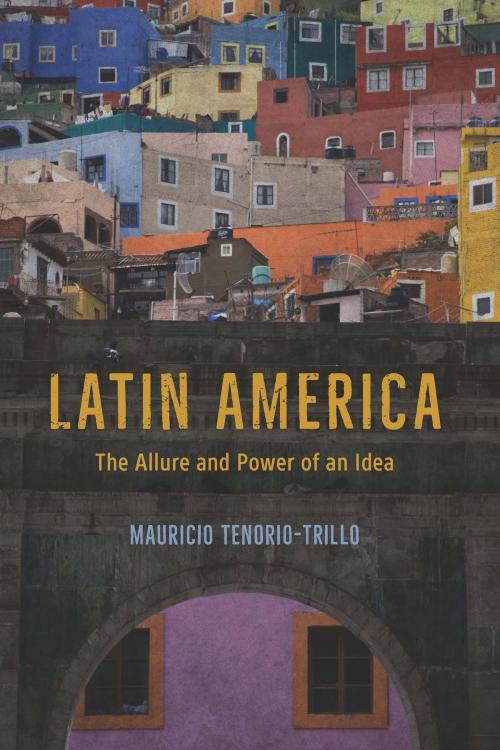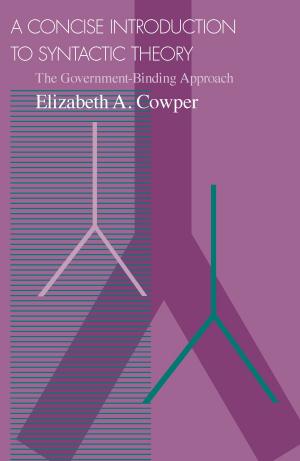Latin America
The Allure and Power of an Idea
Nonfiction, History, Reference, Historiography, Americas, Latin America| Author: | Mauricio Tenorio-Trillo | ISBN: | 9780226443232 |
| Publisher: | University of Chicago Press | Publication: | April 13, 2017 |
| Imprint: | University of Chicago Press | Language: | English |
| Author: | Mauricio Tenorio-Trillo |
| ISBN: | 9780226443232 |
| Publisher: | University of Chicago Press |
| Publication: | April 13, 2017 |
| Imprint: | University of Chicago Press |
| Language: | English |
“Latin America” is a concept firmly entrenched in its philosophical, moral, and historical meanings. And yet, Mauricio Tenorio-Trillo argues in this landmark book, it is an obsolescent racial-cultural idea that ought to have vanished long ago with the banishment of racial theory. Latin America: The Allure and Power of an Idea makes this case persuasively.
Tenorio-Trillo builds the book on three interlocking steps: first, an intellectual history of the concept of Latin America in its natural historical habitat—mid-nineteenth-century redefinitions of empire and the cultural, political, and economic intellectualism; second, a serious and uncompromising critique of the current “Latin Americanism”—which circulates in United States–based humanities and social sciences; and, third, accepting that we might actually be stuck with “Latin America,” Tenorio-Trillo charts a path forward for the writing and teaching of Latin American history. Accessible and forceful, rich in historical research and specificity, the book offers a distinctive, conceptual history of Latin America and its many connections and intersections of political and intellectual significance. Tenorio-Trillo’s book is a masterpiece of interdisciplinary scholarship.
“Latin America” is a concept firmly entrenched in its philosophical, moral, and historical meanings. And yet, Mauricio Tenorio-Trillo argues in this landmark book, it is an obsolescent racial-cultural idea that ought to have vanished long ago with the banishment of racial theory. Latin America: The Allure and Power of an Idea makes this case persuasively.
Tenorio-Trillo builds the book on three interlocking steps: first, an intellectual history of the concept of Latin America in its natural historical habitat—mid-nineteenth-century redefinitions of empire and the cultural, political, and economic intellectualism; second, a serious and uncompromising critique of the current “Latin Americanism”—which circulates in United States–based humanities and social sciences; and, third, accepting that we might actually be stuck with “Latin America,” Tenorio-Trillo charts a path forward for the writing and teaching of Latin American history. Accessible and forceful, rich in historical research and specificity, the book offers a distinctive, conceptual history of Latin America and its many connections and intersections of political and intellectual significance. Tenorio-Trillo’s book is a masterpiece of interdisciplinary scholarship.















